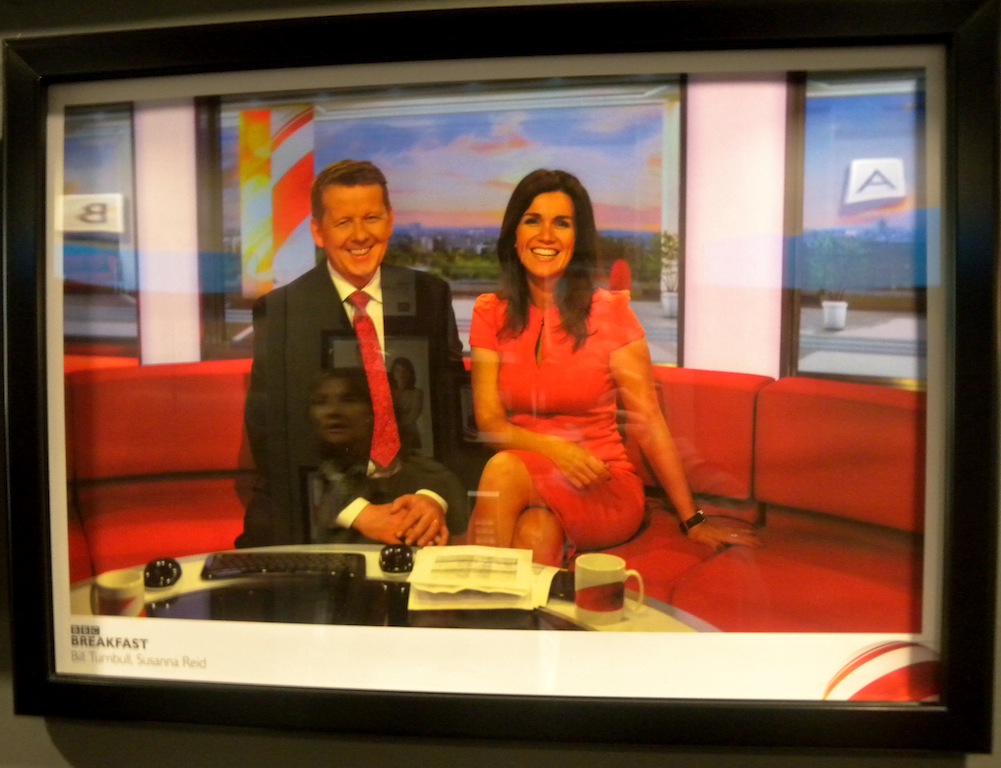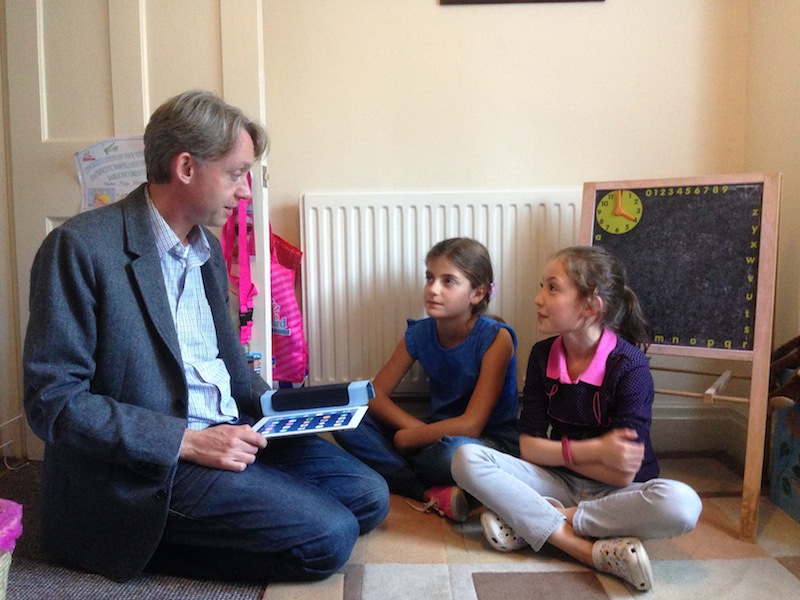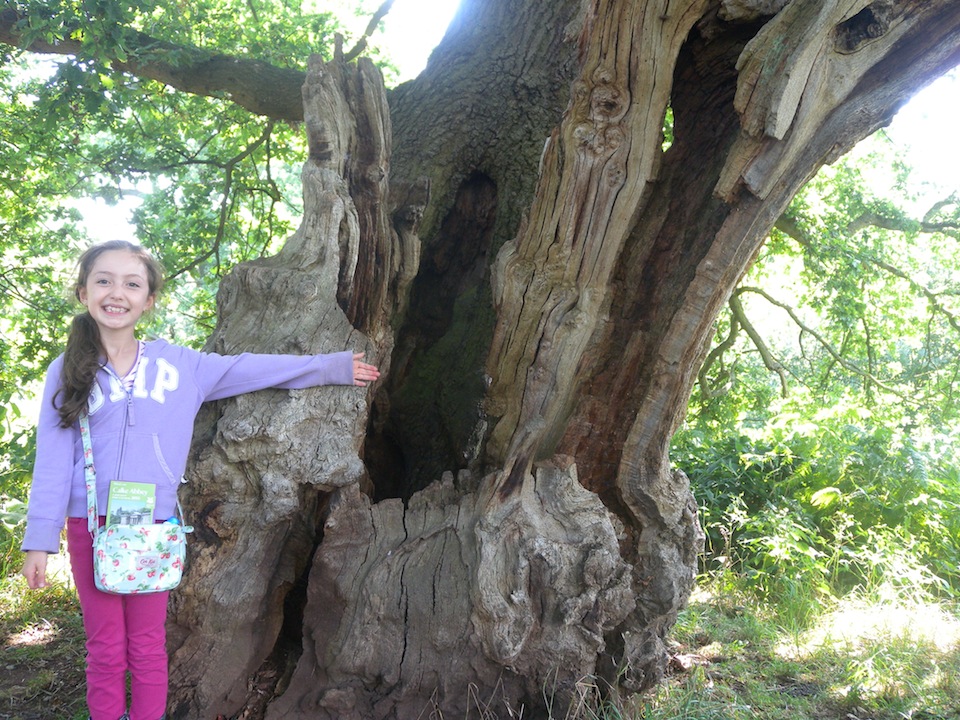
* After a year of professional development in e-learning, I recently submitted my final project, a 5,000-word thesis on blended learning for the delivery of journalism ethics.
Here’s an extract from my paper. Please add your comments or ideas below. This project has been provisionally marked as a first – do you agree?
“No printed word, nor spoken plea can teach young minds what they should be. Not all the books on all the shelves – but what the teachers are themselves.” – Rudyard Kipling
THE BIG CONCEPT
To conceptualise a blended-learning module to deliver deep learning for a new course in journalism ethics, incorporating ideas of immersive technology.
The use of real-life scenarios aims to challenge cub reporters intellectually, encouraging them to start thinking and acting as ethical journalists.
INTRODUCTORY THOUGHTS
This independent project sets out to explore the options for a new way to teach journalism ethics in response to the ongoing change within the media industry. This move is in response to changes to press regulation and the way the journalism profession is responding to them.
During this project, I will set out my professional context, assess lessons from previous e-learning trials, reflect on the challenges I face in this task, the alternative solutions and the resources I can call upon to construct an outline for a new module.
Furthermore, I will recommend my preferred means of delivery for this course, while considering how I may need support to deliver the course.
This remains a course outline, not a complete module handbook, and assumes changes and refinements prior to implementation given feedback from my colleagues and learners.
It is, essentially, a proof concept, an overview and not yet complete, yet designed to reflect the potential of new ideas concept to deliver learning of an evolving subject.
It is based on the concept of e-learning as defined by Kirschner and Paas (2001) as “… learning (and thus the creation of learning and learning arrangements) where the Internet plays an important role in the delivery, support, administration and assessment of learning.”
SECTION ONE: WHY
Lord Justice Leveson filed his report into journalism ethics in November 2012.
As the Guardian (2012) reported, “Lord Justice Leveson’s inquiry into the culture, practices and ethics of the press heard from 184 witnesses and accepted 42 written submissions in more than six months of hearings.”
It was, at times, quite bewildering.
In response, the National Council for the Training of Journalists (NCTJ, 2103) introduced a series of changes to the national Reporting Exam in September 2013. This also reflects the movement within the media industry to give greater importance to ethics in journalism and forms a crucial part of learning for young student journalists.
The introduction, however, has not gone smoothly and learners have found this new element of the course confusing.
The key challenge, therefore, remains to find a way to deliver this new course material in a format that makes a somewhat amorphous and rather dry topic more accessible to learners. After all, while the PCC Editors’ Code of Practice (PCC, 2014) is a worthy read, it hardly makes for a thrilling page-turner.
But what if we could test the theories via case studies and watch the consequences unfold in live scenarios, albeit ones in a safe environment with controlled conditions?
Within this context, my ideas for this course also reflect a wider move to embrace new, technology-led ways of delivery learning and promote greater collaborations between the skill sets of different departments.
Furthermore, it reflects a wider trend in the higher education sector overall to integrate more technology-based learning techniques into the classroom environment. It is widely suggested that such e-learning techniques, while relatively new, offer tangible benefits for educators.
As Garrison and Anderson (2003) note: “Education is about ideas not facts. The current passive-information-transfer approaches of higher education are contrasted with the interactive and constructive potential of e-learning.”
CONCLUDING THOUGHTS
Overall, this project may appear to be an ambitious idea, a bold approach to learning.
But, in many ways, I am not calling for an educational revolution to storm the barricades – far from it.
I see this project as a natural progression and reflection of the times, taking new ideas and incorporating them into an existing classroom-based module to simply update the course for changing times.
It does, however, set out to ride the crest of the new wave of e-learning as the sector matures.
“The belief that online education will replace on-campus studies is a long standing and unrealised prediction,” writes Cochrane (2014).
“But in the last 24 months there has been a new wave of debate and speculation … a third phase revival. The difference is marked by the expectation that being at university will be engaging, personally challenging, and transformative of careers and lives.”
Crucially, while I propose to embed both e-learning and immersive technology into my modules in the future, I am consciously not talking myself out of a job.
My role may evolve, my input may be refined and my interaction with learners may change – but I expect to remain a very big part of the process.
As Garrison & Anderson (2003) note: “There is always a need for a teacher to structure, shape and assess the learning experience if it is to be more than fortuitous learning.”
In terms of good practice in this respect, it remains often schools, rather than universities, that are making the best of the running.
The BBC Education website recently highlighted a case study with the Stephen Perse Foundation School in Cambridge, whereby teachers are making their own online library of interactive resources for GCSE, A-levels and International Baccalaureates.
But the school’s approach is not simplistic plug-and-play education. Tricia Kelleher, Stephen Perse Foundation principal, emphasises that such online courses depend on the quality and the skill of the teacher.
“The credibility of online learning depends on the teachers who have made the materials,” she says.
“Education should be a mixed economy, there should be technology, but it is only there to support what a living, breathing teacher is doing.”
FURTHER READING
Akanegbu, A. (2014), 50 Striking Statistics About Distance Learning in Higher Education. Available at http://www.edtechmagazine.com/higher/article/2012/07/50-striking-statistics-about-distance-learning-higher-education
Atkinson, D. (2014), A Few thoughts about E-learning. Available via www.atkinsondavid.com/msc-technology-and-learning-a-few-thoughts-about-e-learning/
Clark, A. (2014), Ten reasons we should ditch university lectures via Guardian Higher Education Network. Available at http://www.theguardian.com/higher-education-network/blog/2014/may/15/ten-reasons-we-should-ditch-university-lectures
Cochrane, T. (2014), To lecture or not to lecture: is technology reinventing the campus? Available via The Conversation at http://theconversation.com/are-lectures-a-good-way-to-learn-26905
Coughlan, S. (2014) Textbooks replaced by iTunes U downloads. Available via BBC News, Education at http://www.bbc.co.uk/news/business-26249041
Dawson, P. (2014), Are lectures a good way to learn? Available via The Conversation at http://theconversation.com/are-lectures-a-good-way-to-learn-26905
Errington, E. P. (2010) Preparing graduates for the professions using scenario-based learning. 1st ed. Post Pressed
Forster, S. (2013), Journalism students learn ethics through online case study. Available at http://www.news.wisc.edu/21481
Garrison, D. R. & Anderson, T. (2003), E-learning in the 21st century. 1st ed. RoutledgeFalmer
Heppell, S. (2009), Empowering Young Learners. Video available at YouTube (https://www.youtube.com/watch?v=V-Cbum-xaAg#t=27)
Horton, W. (2012), E-Learning by Design 2nd ed. Pfeiffer
JISC Digital Media Guides (2007), Effective Practice with e-Assessment. Available at www.jisc.ac.uk/assessment.html
Jochems, W. et al (2004), Integrated e-learning. 1st ed. RoutledgeFalmer
Lodge, J. (2014), The campus is dead: long live the campus? Available via The Conversation at http://theconversation.com/the-campus-is-dead-long-live-the-campus-21372
Media Guardian (2014), Leveson inquiry. Available at www.theguardian.com/media/leveson-inquiry
NCTJ (2014), Reporting. Available at www.nctj.com/journalism-qualifications/diploma-in-journalism/Reporting
Press Complaints Commission (PCC, 2014) Editors’ Code of Practice. Available at www.pcc.org.uk/cop/practice.html
Roberts, D. & Greene, L. (2011) The theatre of high-fidelity simulation education, Nurse Education Today, Vol 31, pp.694-698
Rose, D. (2004), The potential of role-model education via The Encyclopedia of Informal Education. Available from http://infed.org/mobi/the-potential-of-role-model-education/
Rowntree, D. (1994), Preparing materials for Open, Distance and Flexible Learning, Kogan Page, London
Salmon, G. (2000), E-moderating. The key to teaching and learning online. Available from http://www.atimod.com/e-tivities/intro.shtml
Siemens , G. (2005) Connectivism: A Learning Theory for the Digital Age. Available from http://www.elearnspace.org/Articles/connectivism.htm
Siemens, G. (2009) Connectivism and connective knowledge. Available via YouTube at http://www.youtube.com/watch?v=a5-Wk2cwb68&feature=youtu.be
Thomas, K. (2014), Is flexible study the future for universities? Available via Guardian Higher Education Network at http://www.theguardian.com/higher-education-network/blog/2014/jun/10/flexible-study-future-for-universities


